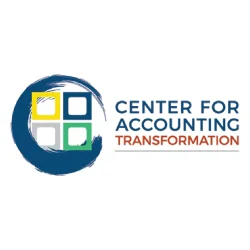Author: Corpag
This article originally appeared in the Fall 2024 issue of the South Carolina CPA Report
Let’s talk about Beneficial Ownership Information (BOI) Reporting—a crucial step toward making the business world more transparent and accountable. The Corporate Transparency Act is a law that aims to tackle financial crimes like money laundering and fraud by requiring companies to disclose who their beneficial owners are—the real individuals who control or benefit from the company. If you own 25% or more of a business or have significant control, congratulations, you’re considered a beneficial owner! This isn’t just a legal requirement; it’s about building trust in our financial systems and ensuring businesses operate with integrity. Knowing who stands behind a company can empower stakeholders to make better decisions, ultimately leading to a healthier economy.
Key Deadlines for Reporting
Now, let’s get practical. Timing is everything when it comes to BOI compliance. For existing businesses, mark your calendars: you need to file your beneficial ownership information by January 1, 2025. That’s just one year after the law’s start date of January 1, 2024. For new companies, the timeline is even tighter; you’ll need to report within 90 days of your formation. Missing these deadlines can lead to hefty penalties, including fines and operational restrictions, so it’s crucial to stay on top of it. And remember, this law applies to various types of entities—LLCs, corporations, partnerships—so no one should assume they’re off the hook. It’s time to figure out what applies to you!
Preparing for Compliance and Future Considerations
With deadlines approaching, getting your ducks in a row is key. Start by checking if your business falls under the reporting criteria set by the Financial Crimes Enforcement Network (FinCEN). If it does, gather your list of beneficial owners—those who own 25% or more or hold significant control. You’ll need their full legal names, dates of birth, and unique identifying numbers. Don’t forget to set up internal processes to keep this information updated and to file any changes within 30 days. Privacy concerns? Totally understandable! Make sure you have a plan to safeguard sensitive information.
Embracing BOI compliance isn’t just about checking a box; it’s about fostering a culture of transparency that benefits everyone in the business ecosystem. Let’s stay informed together and make sure we’re all set for any changes down the road!
Visit Corpag at Fall Fest or at corpag.com to chat about all things BOI and answer your questions


